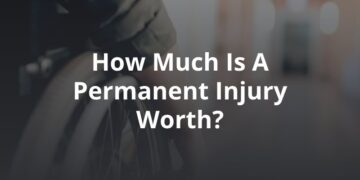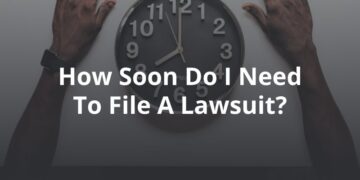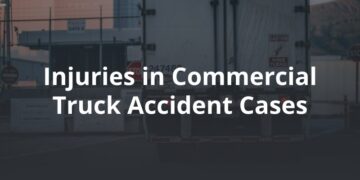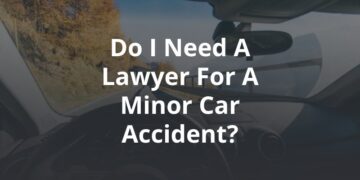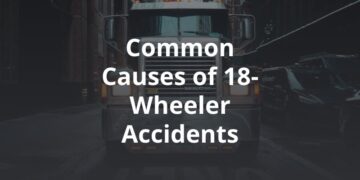In assessing the value of most automobile accidents, one of the most important pieces of info is the type of insurance coverage each person carries. The most common forms of automobile insurance involve three basic elements:
We can provide you with information for the following:
- Liability coverage
- Personal injury protection coverage
- Uninsured / underinsured motorist coverage
If you are the driver of a vehicle and have been involved in an accident caused by someone else, you might need to look at the other driver’s insurance policy, as well as your own policy.
The most important part of the at-fault driver’s policy is their liability coverage.
Liability coverage is typically broken down into two subcategories:
(1) bodily injury coverage and
(2) property damage coverage.
The most important parts of your own policy are your personal injury protection (PIP) and your uninsured/underinsured motorist coverage (UIM).
Understanding Liability Coverage
- Bodily injury coverage is how much a person’s insurance company will pay another person for costs stemming from bodily injury, such as medical bills.
- Property damage coverage is how much the person’s insurance company will pay another person for costs of damage to the other person’s property.
Many times, the at-fault driver’s liability coverage will be insufficient to pay for the damage they caused. Property damage is typically pretty easy to calculate, since an automobile will either be totaled or in need of repair, estimates of which are easy to obtain.
Bodily injury damage, though, is often very difficult to calculate, since the effects of bodily injury may continue to affect you well into the future. Accordingly, if you’re injured in an accident, it is very important to speak with a competent Austin car accident attorney before settling your claim with the at-fault driver’s insurance company.
Optional Coverage
PIP coverage is an optional coverage in Texas and will cover you or other passengers in your car in the event of an accident, regardless of fault. PIP coverage can immediately help pay things such as medical bills and lost wages and is provided by your insurance company, in addition to any UIM coverage your insurance company might be obligated to pay you.
In some situations, if your insurance company pays you PIP benefits and also pays you UIM benefits, your insurance may not be entitled to take an offset for the PIP benefits it paid.
UIM coverage is also an optional coverage in Texas and will pay for damages caused to you, your family members, passengers in your car, and persons driving your car with permission. UIM coverage only comes into play when the at-fault driver’s liability insurance is insufficient. Because many drivers carry no or insufficient insurance, it is a good idea to add substantial UIM coverage to your own policy.
*The law is ever-changing. This is not legal advice, is not intended to be legal advice, and should not be relied upon without speaking to a lawyer.
